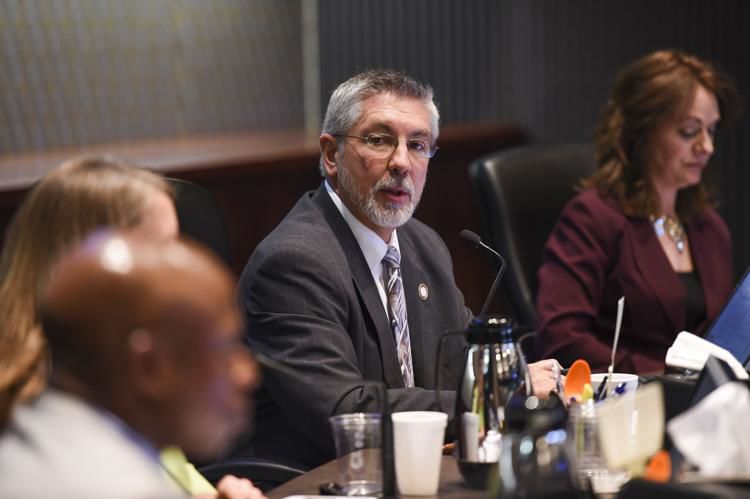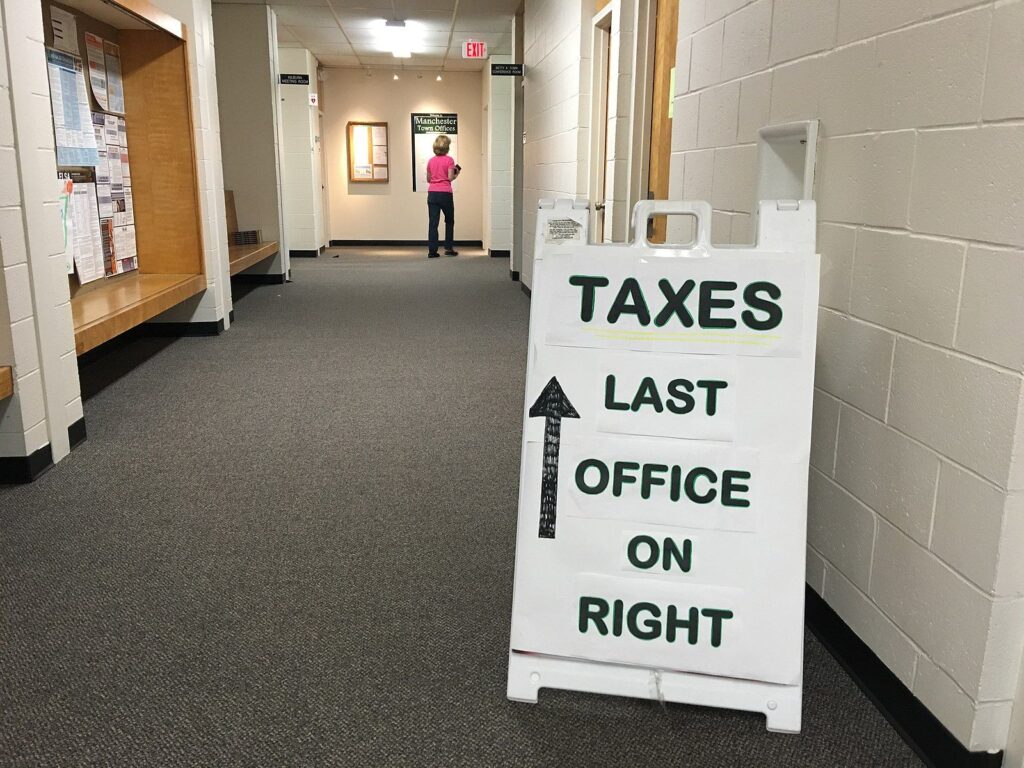State Sen. Dennis Hisey accused of voting irregularity

Sen. Dennis Hisey, R-Colorado Springs, has been accused of voting in a district in which he does not live.
The Colorado Ethics Institute, founded in 2020 by former Colorado Democratic Party Chair Rick Palacio and former journalist Curtis Hubbard, asked Republican District Attorney Michael Allen of the 4th Judicial District in Colorado Springs to investigate Hisey’s residency, tied to a vote in the June 2022 primary.
CEI alleges Hisey — who is running for his second term in November against Democratic Rep. Tony Exum — lives in Fountain, which in 2018 was in Senate District 2, the seat Hisey was elected to that year.
Hisey told Colorado Politics the complaint is inaccurate.
“I am living in Senate District 11,” he said. “They’re trying to make political hay out of this. They do what they think they need to do to win, but we’ll surprise them.”
But his voter registration now lists his residency at a home in Colorado Springs, in Senate District 11. Hisey listed the Colorado Springs address as his residence in Oct. 2021.
The change in address is tied to redistricting. Last November, Hisey’s Fountain home was drawn into Senate District 12, which already had two incumbent senators, Democratic Sen. Pete Lee and Republican Sen. Bob Gardner.
Gardner, however, was re-elected to his second term in 2020 and under state law would keep the seat. Lee, who is also facing a legal complaint about his residency, was not able to run for re-election.
According to the CEI complaint, the home Hisey lists as his residence is owned by a Thomas Luckett, who did not sell the property to Hisey nor is it listed as a rental.
CEI claims Hisey still lives in the Fountain home in Senate District 12, but that he voted in the June 22 primary from the Colorado Springs address, which is in Senate District 11.
CEI asked Allen to “conduct a thorough investigation into whether he illegally cast a ballot in an election for which he was ineligible, as well as any other potential violations of Colorado law.”
Allen’s office said Thursday: “We have received the information and are looking at the allegations.”
The race between Hisey and Exum is considered one of the most competitive in the state and is one of two seats Republicans must hold onto in order to take control of the state Senate.
The redistricting commission’s elections analysis put Senate District 11 at a 2.4% Democratic advantage. That rating is based on 2016, 2018 and 2020 election results and could be overestimating the Democratic advantage.
As of Aug. 1, voter registration statistics show Democrats with a 1,500-voter registration advantage over Republicans, but unaffiliated voter registrations total more than both parties combined.
GOP group launches bid to recall Priola after Colorado lawmaker becomes a Democrat
The allegation against Hisey is the second time this month an El Paso County lawmaker has been accused of falsifying residency information
On Aug. 3, an El Paso County grand jury indicted Lee on two charges, including a Class 5 felony charge of falsifying his residence address for electoral purposes. The second charge has so far been redacted.
The indictment said Lee voted in the state primary on March 3, 2020, and in the general election on Nov. 5, 2019, using “false information” about where he lives.
The Colorado Ethics Institute claims to be nonpartisan but its activities to date have focused only on Republicans. In May, they revealed emails sent by John Eastman, the former professor of conservative thought at CU-Boulder, who used a CU email address when he was advising Pennsylvania lawmakers on how to challenge that state’s electors following the 2020 election. The Institute has received funding in the past from America Votes, the “coordination hub for the progressive community.”













